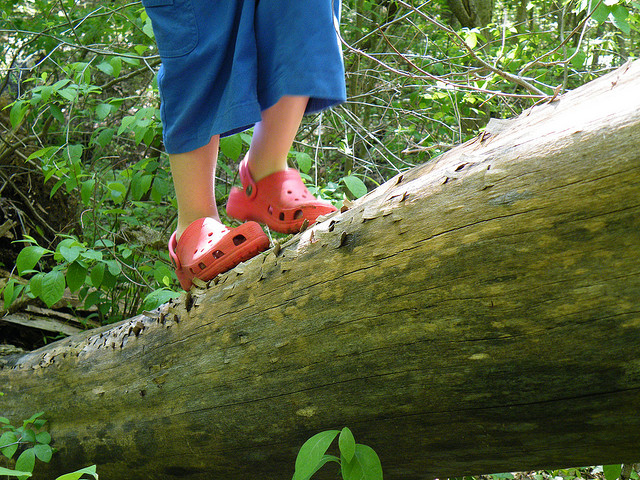Tag: Intellectualism
-

Letters on BITG: Bringing Druidry and Druidism Into Balance
Letters is a series on Bishop In The Grove that allows readers to initiate the dialogue. Submit your letter on the Letters page, and it may be chosen to be included in a future post. This first post in the series is centered around bringing Druidry and Druidism into balance. “You’ve talked before about wanting […]
